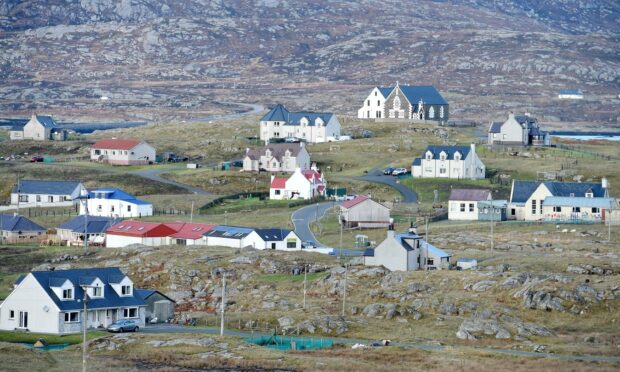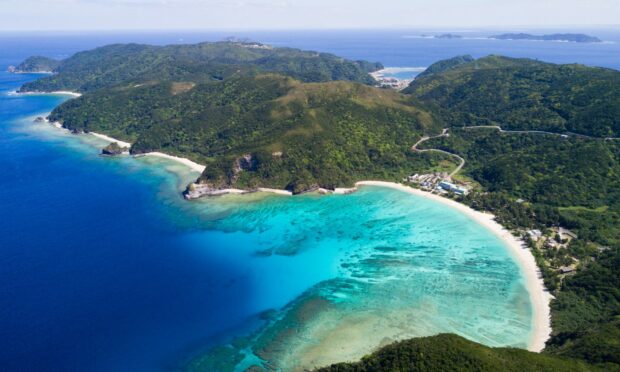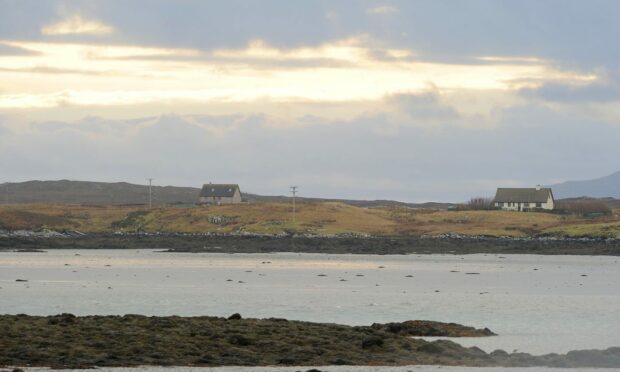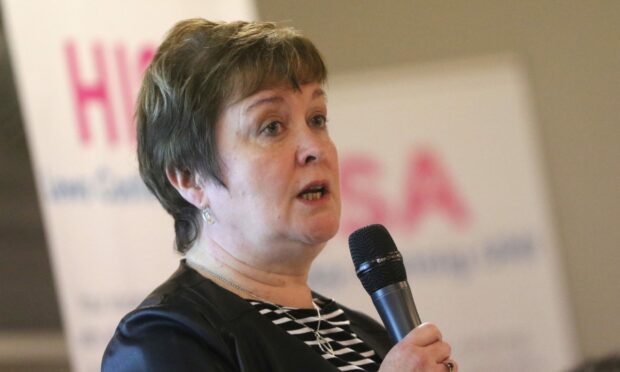Islanders fear fragile communities could be left to “sink or swim” under SNP plans to learn lessons from the way Japan tackled rural depopulation.
Concerns are growing in the wake of a recently-published report into ways Scotland could replicate aspects of Japan’s approach to reversing population decline.
The recommendations suggested Scottish islands be used as “test-beds” for different depopulation strategies – including “managed decline” in some areas.
The Scottish Government-commissioned study also highlights how spending money on “costly” infrastructure was found to have had “negative impacts” in Japan.
It noted that second-home ownership – which is becoming increasingly controversial in rural Scotland – was often “viewed positively” by Japanese islanders.
The wide-ranging report even highlighted that there was a debate in Japan about whether revitalising rural communities was “possible or desirable”.
‘My blood ran cold’
Tiree-based Rhoda Meek, founder of Isle Develop CIC, a digital agency committed to supporting thriving island communities, said that part of the study made her “blood run cold”.
She said: “Whilst it is stated simply as a fact, it certainly doesn’t allay my fear that elements of this report could be used to justify a future policy of letting island communities sink or swim – something many communities already feel is happening.
“Islanders need reassured. This report is a valuable piece of research but I don’t find it particularly reassuring.”
The threat of depopulation hangs over many Scottish islands, as deaths outstrip births, while younger generations continue to move away.
Plummeting population
Over the next two decades, the Outer Hebrides alone face a 20% decline in the working-age population, and a similar level of drop in the proportion of children.
A Scottish Government taskforce published a population strategy last year.
But the SNP has been criticised over its lack of progress, unreliable ferries and a recent U-turn on an unpopular “island bonds” proposal.
The new research, which was commissioned by the government and was led by Scotland’s Rural College (SRUC), found many Japanese strategies could provide useful learning for future island depopulation policies in Scotland.
It highlights how Japan is made up of five main islands and almost 7,000 smaller islands, 90 per cent of which are uninhabited.
Scotland, meanwhile, has 790 offshore islands, of which only 93 are inhabited.
The researchers proposed 15 areas of learning for future island depopulation policies in Scotland.
Housing crisis
A housing crisis is often blamed for accelerating depopulation on Scotland’s islands.
Many local residents have been increasingly frustrated that young families are priced out of the local property market by second homeowners who leave their properties empty for much of the year.
But the SRUC report highlights that in Japan such holiday-home owners are “viewed positively in terms of their potential role in regional revitalisation”.
The study said: “It may be worth exploring the potential for a scheme in an island location, with high levels of second/holiday home ownership for example, that engages visitors during their stay with the view to enhancing their positive impacts by contributing skills, financial capital and networks for example.”
Ms Meek said: “My understanding is that depopulation is so severe in many Japanese islands that housing is not an issue for people wishing to relocate to an island.
“We need to recognise that this is one of the biggest differences between Scotland and Japan and something which needs addressed before many of the learnings can be truly considered.”
Rhoda Grant, Labour MSP for the Highlands and Islands, has been pressing the Scottish Government for significant infrastructure improvements on the islands.
‘Strong caution’
She said: “It is never a straightforward solution of picking a policy up that works in one part of the world and assuming it will work here.
“I would strongly urge the Scottish Government and their officials to think about the unique characteristics, challenges and environment of Scotland, its islands and its people.”
Morven Fancey, head of universities, education and skills at Highlands and Islands Enterprise (HIE), welcomed the study.
She added: “It’s never a one size fits all situation, though, and there is great diversity in geographical, cultural and economic conditions that will dictate the right solutions for the Highlands and Islands.”
Action plan
The Scottish Government is developing a strategy called the Addressing Depopulation Action Plan.
A government spokeswoman said: “Scotland is not alone in facing demographic challenges and it can learn from other countries.”





